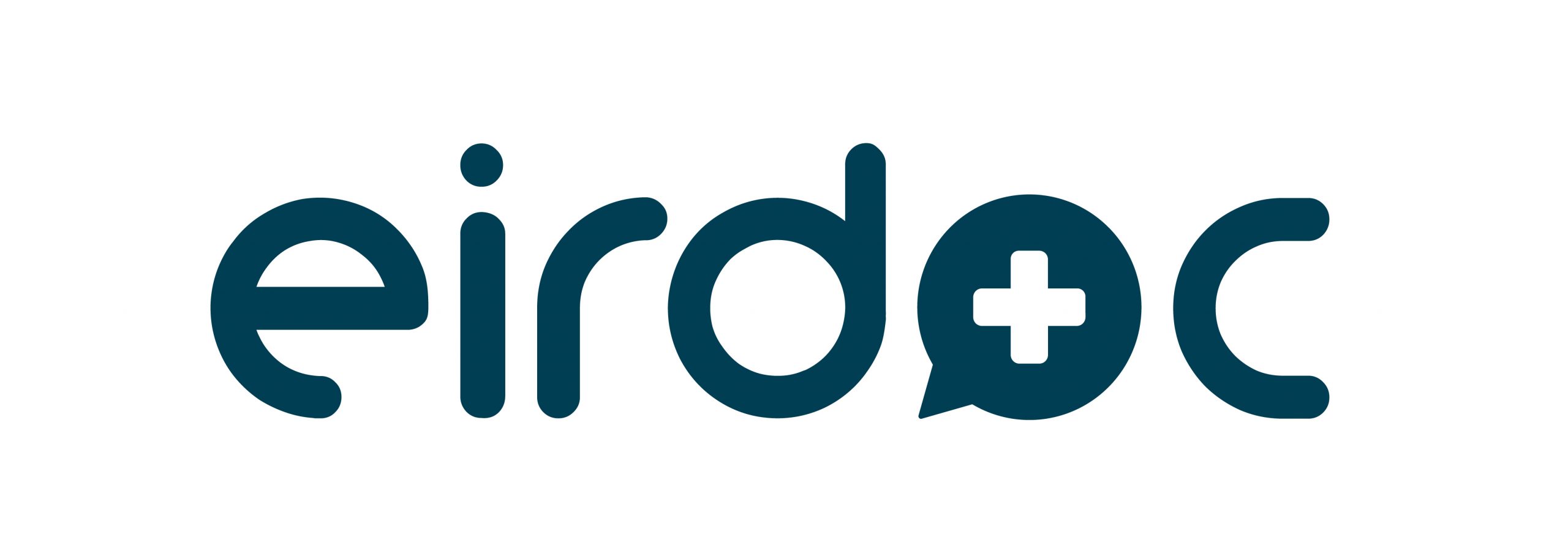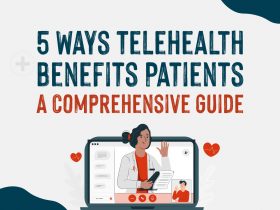
The advent of technology has revolutionised the way we access healthcare. Online therapy is one such innovation that has significantly impacted the mental health landscape. The availability of video therapy sessions with online doctors has made it easier for individuals to access mental health care, irrespective of geographical boundaries. However, the question remains: are video therapy sessions with online doctors really effective?
The Emergence of Video Therapy
The concept of video therapy gained momentum during the COVID-19 pandemic when lockdowns and social distancing measures made it difficult for patients to access in-person mental health care. As a result, therapists and psychologists began offering online sessions, allowing patients to continue their treatment from the comfort and safety of their homes. While video therapy existed even before the pandemic, it has now emerged as a popular and widely accepted form of mental health treatment.
How Video Therapy Works
Video therapy typically involves scheduled appointments between a patient and a licensed mental health professional using videoconferencing platforms such as Zoom or Skype. The sessions are designed to mimic in-person therapy, with the therapist and patient engaging in real-time discussions about the patient’s concerns, emotions, and thought processes. Many therapists also provide supplementary resources like worksheets or readings to support the patient’s progress.
What Makes Video Therapy a Good Option?
1. Accessibility: One of the most significant advantages of video therapy with online doctors is its accessibility. Online therapy can be a game-changer for those living in remote areas or with limited access to mental health care providers. Video therapy eliminates geographical barriers, allowing patients to connect with mental health professionals who may be unavailable in their local area.
2. Convenience: For many, the convenience of video therapy is a major draw. Patients can schedule sessions at times that work best for them, eliminating the need to take time off from work or rearrange their schedules to accommodate therapy appointments. Furthermore, participating in therapy sessions from home can be particularly beneficial for those with mobility issues or simply more comfortable discussing personal issues in a familiar environment.
3. Anonymity: The anonymity provided by video therapy can be beneficial for individuals who may feel stigmatised by seeking mental health care. Some patients may feel more comfortable discussing their concerns with an online doctor rather than a local therapist, knowing that their conversations are confidential and that they are less likely to encounter others who may recognise them.
4. Lower costs: In many cases, video therapy with online doctors can be more cost-effective than traditional therapy sessions. Without the overhead costs associated with maintaining a physical office, online therapists can often charge lower fees for their services. Additionally, some insurance companies now cover online therapy sessions, further reducing out-of-pocket expenses for patients.
The Bottom Line
While video therapy with online doctors may not be the ideal solution for everyone, it is an increasingly viable option for those seeking mental health care. As technology continues to advance and the stigma surrounding mental health care dissipates, we can expect video therapy to play an even more prominent role in the future of mental health care.
If you’re looking to get a prescription online, you’ve come to the right place! Eirdoc Ltd is the perfect platform that gives you instant access to Medical Council licensed and registered doctors, allowing you to experience a more convenient way to get the medication you need. Register with us today!





